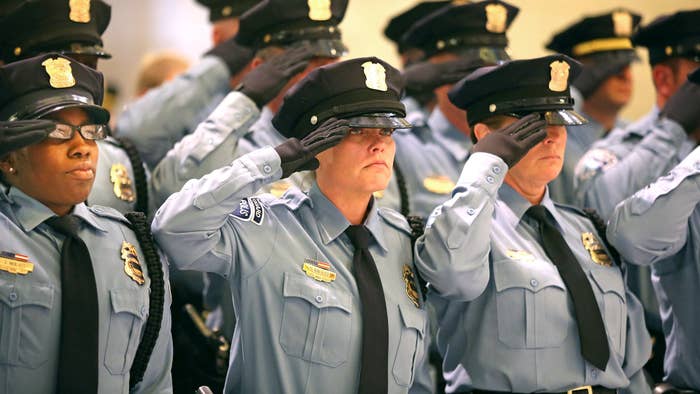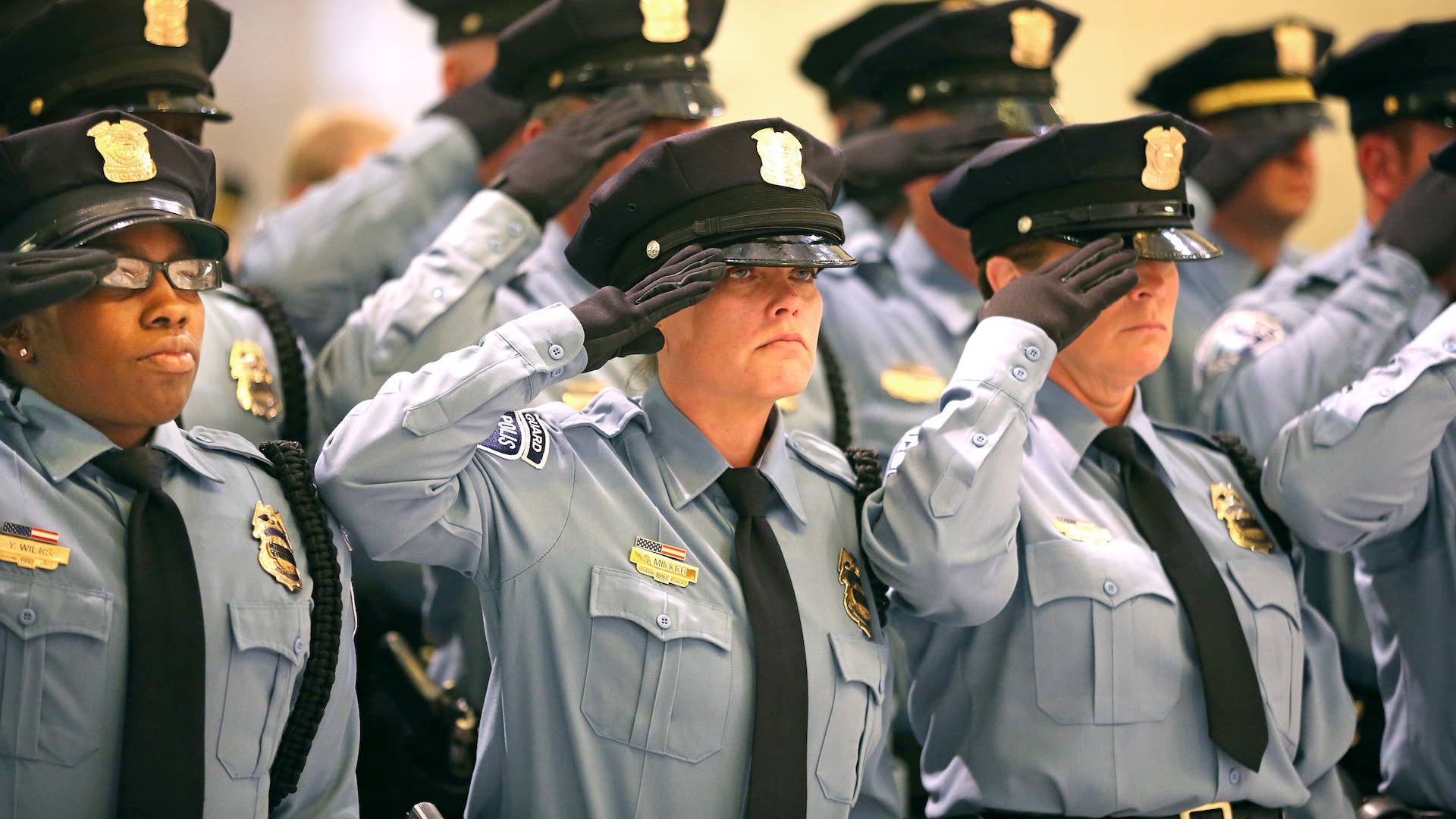
UPDATED 6/12, 8:24 p.m. ET: The Minneapolis City Council has now made a decision to replace the police department with a community-led model instead. The council unanimously voted on Friday to begin a year-long process of engaging "with every willing community member in Minneapolis" to develop a new public safety model.
"We acknowledge that the current system is not reformable — that we would like to end the current policing system as we know it," said City Council member Alondra Cano. The city also ended the local emergency order that was put in place following protests on Friday as well.
See original story below:
In wake of the murder of George Floyd, a veto-proof majority of Minneapolis City Council members announced Sunday, their commitment to disbanding the city's police department, The Appeal reports.
"We are here today because George Floyd was killed by the Minneapolis Police Department. We are also here because, here in Minneapolis and in cities across the United States, it is clear that our existing system of policing and public safety isn’t working for so many of our neighbors," Minneapolis City Council President Lisa Bender said in a statement. "Our efforts at incremental reform have failed. Period."
In a piece published in Time on Friday, Minneapolis City Council member Steve Fletcher explained that their attempts at incremental reform have included a ban on "Bulletproof Warrior" training, which encourages officers to use deadly force if they feel as though their lives are in danger, a call to hold officers more accountable for their actions, and relatively small budget cuts. Fletcher said that these proposals haven't just been met with resistance, but the police have taken out their frustrations on their constituents by displaying a lack of urgency in addressing someone's 911 call.
"Our commitment is to do what is necessary to keep every member of our community safe and to tell the truth that the police department has not done that,” Bender said. "Our commitment is to end our city's toxic relationship with the Minneapolis Police Department and to work toward ending policing as we know it, replacing it with a holistic model of public safety that actually keeps us safe. The good news is that we are not starting from scratch, we have invested in community safety strategies and alternatives to policing for years."
Fletcher believes that the Minneapolis Police Department's fierce opposition to any type of change has led to the Council’s pursuit of "dramatic structural change" in the form of a community-oriented, non-violent public safety programs. The Council has previously suggested dispatching county mental health professionals to deal with matters related to mental health. They have also experimented with sending unarmed street teams downtown on weekend nights with a focus on de-escalation and conflict resolution.
In addition to a lack of accountability, the Minneapolis Police Department has been far from effective. The Appeal points out that in 2018, four out of every five rape cases in the city went unsolved while the department cleared only 56 percent of cases last year where a person was killed.
The department's failures across the board will not impact its budget, as Minneapolis Mayor Jacob Frey was non-committal to the idea of defunding the MPD. Frey's wariness to make sweeping financial changes to the city's police department in front of demonstrators at a rally near his home was met with a showering of boos and a promise from voters that they will get him out of office when he's up for re-election next year.

